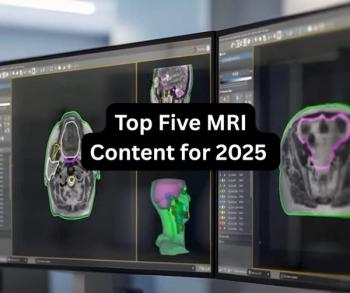
Greens chase plaque blues away
While mothers have uttered "eat your vegetables" for eons, the refrain's heart-healthy connection is now backed up by hard science.
Dr. Michael Adams, a pathologist at Wake Forest University School of Medicine, and colleagues found that mice fed a vegetable-rich diet had a marked reduction in atherosclerosis and "bad" cholesterol compared with controls (J Nutr 2006;136:1-4).
The mice were specially bred to rapidly develop atherosclerosis. In those fed a mixture of freeze-dried broccoli, green beans, corn, peas, and carrots, researchers found arterial plaques were 38% smaller than in those fed vegetable-free diets. The veggie-fed mice also had a 32% reduction in LDL cholesterol, while HDL cholesterol was unaffected.
The underlying mechanism remains unclear, but a 37% reduction in a mouse marker of inflammation suggests that vegetables inhibit atherosclerosis progression through antioxidant and anti-inflammatory pathways.
Newsletter
Stay at the forefront of radiology with the Diagnostic Imaging newsletter, delivering the latest news, clinical insights, and imaging advancements for today’s radiologists.












